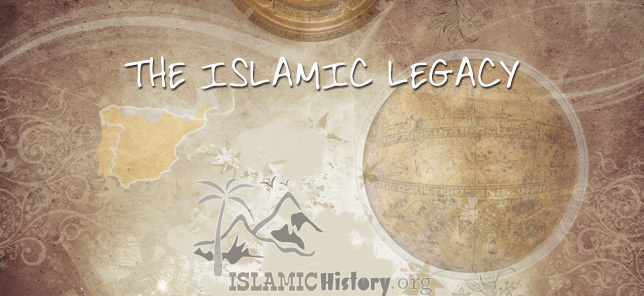The foundation of this legacy was the astonishing achievements of Muslim scholars, scientists, craftsmen, and traders during the few hundred years or so that are called the Golden Age. During this period, from 750 to 950, the territory of the Muslim Empire encompassed present-day Iran, Syria, Iraq, Egypt, Palestine, North Africa, Spain, and parts of Turkey and drew to Baghdad peoples of all those lands in an unparalleled...
*
In the thirteenth century still another threat to the Muslim world appeared in the land beyond the Oxus: the Mongols. Led by Genghis Khan, a confederation of nomadic tribes which had already conquered China now attacked the Muslims. In 1220 they took Samarkand and Bukhara. By mid-century they had taken Russia, Central Europe, northern Iran, and the Caucuses, and in 1258, under Hulagu Khan, they invaded Baghdad and put an end to the remnants of...
Seljuk, also spelled Seljuq, ruling military family of the Oğuz (Ghuzz) Turkic tribes that invaded southwestern Asia in the 11th century and eventually founded an empire that included Mesopotamia, Syria, Palestine, and most of Iran. Their advance marked the beginning of Turkish power in the Middle East. Although individual Turkish generals had already gained considerable, and at times decisive, power in Mesopotamia and Egypt during the tenth...
The most stable of the successor dynasties founded in the ninth and tenth centuries was that of the Fatimids, a branch of Shi’is. The Fatimids won their first success in North Africa, where they established a rival caliphate at Raqqadah near Kairouan and, in 952, embarked on a period of expansion that within a few years took them to Egypt. For a time the Fatimids aspired to be rulers of the whole Islamic world, and their achievements were...
The early ‘Abbasids were also fortunate in the caliber of their caliphs, especially after Harun al-Rashid came to the caliphate in 786. His reign is now the most famous in the annals of the ‘Abbasids – partly because of the fictional role given him in The Thousand and One Nights (portions of which probably date from his reign), but also because his reign and those of his immediate successors marked the high point of the...
In the Middle East, during these centuries, the ‘Abbasids, after their victory over the Umayyads, had transformed the Umayyads’ Arab empire into a multinational Muslim empire. They moved the capital of the empire from Syria to Iraq, where they built a new capital, Baghdad, from which, during the next five centuries, they would influence many of the main events of Islamic history. In the early period of ‘Abbasid rule,...






